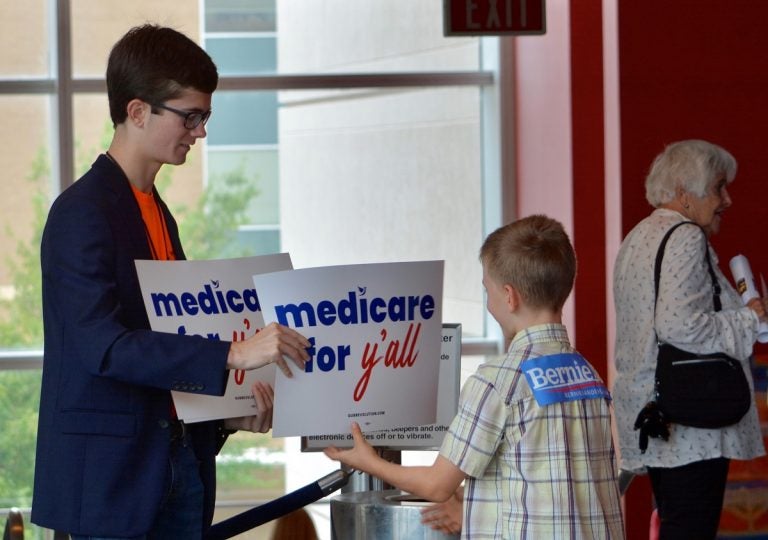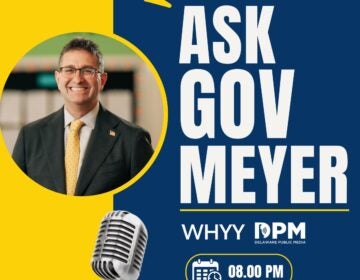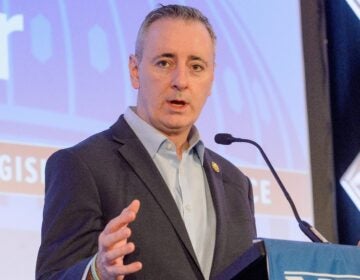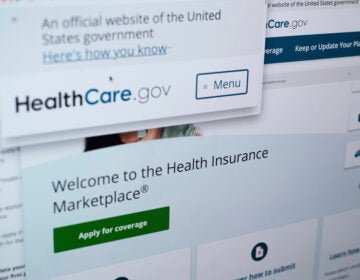Pros and cons of ‘Medicare for All’
Listen 35:30
A volunteer hands out a poster as Vermont independent Sen. Bernie Sanders was set to address a “Medicare for All” rally in downtown Columbia, S.C. on Saturday, Oct. 20, 2018. Sanders hasn’t announced intentions for another bid in 2020. But in the run-up to the Nov. 6 election, he’s visiting more than half a dozen states to stump with congressional candidates. (Meg Kinnard/AP Photo).
Guests: David Rubin, Matt Bruenig
The idea of a single-payer healthcare system has been gaining popularity in recent years, but politicians and insurance providers remain divided on the efficacy of such a program. The Affordable Care Act was passed to provide affordable coverage for more Americans, but many Americans remain uninsured, and there are complaints about the complexity of the system. Today on the show, we’ll talk about rising healthcare costs, single-payer healthcare, “Medicare for All,” Medicaid, and how ObamaCare could be fixed. DAVID RUBIN, attending physician and the founding Co-director of PolicyLab at Children’s Hospital of Philadelphia, and MATT BRUENIG, founder of People’s Policy Project are our guests.
WHYY is your source for fact-based, in-depth journalism and information. As a nonprofit organization, we rely on financial support from readers like you. Please give today.





